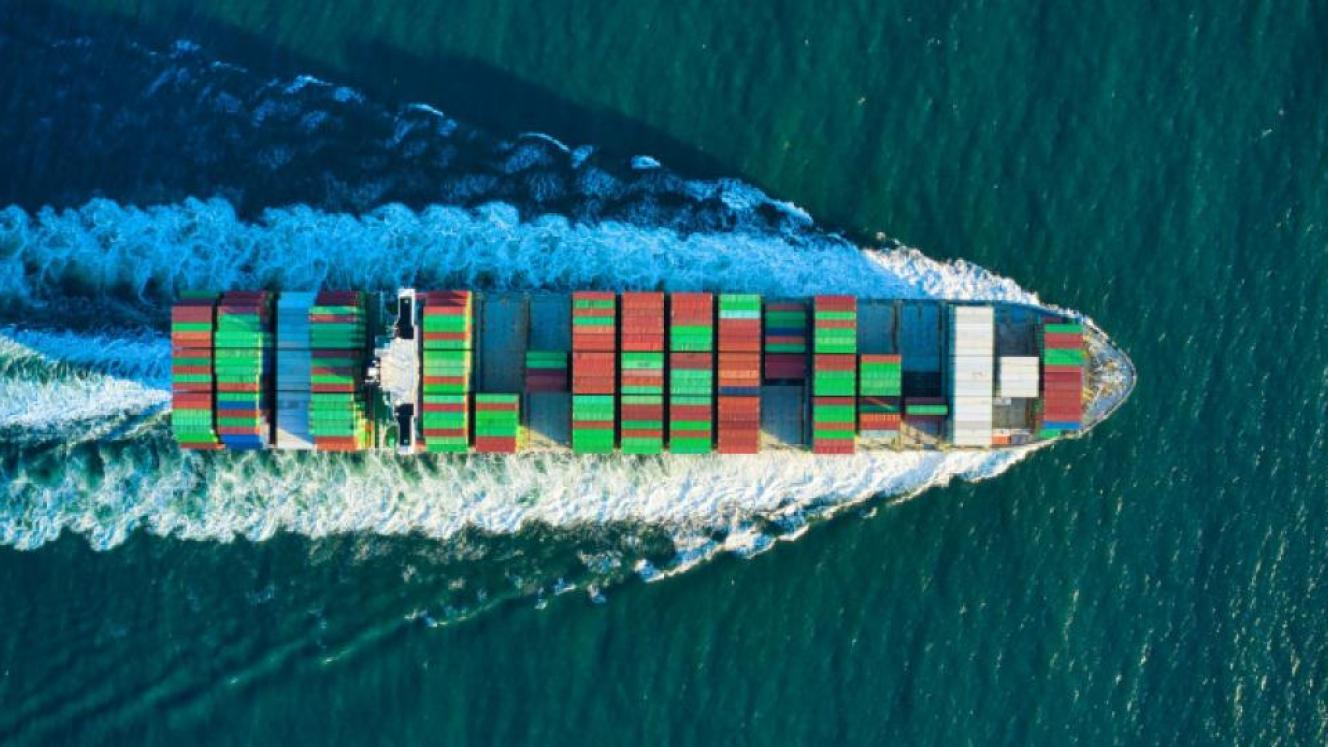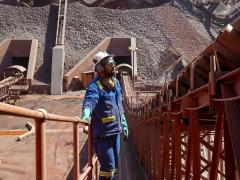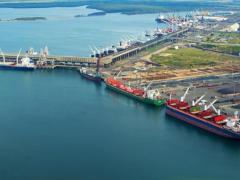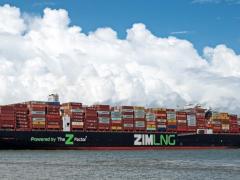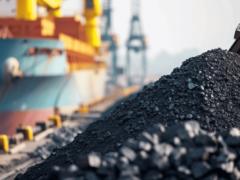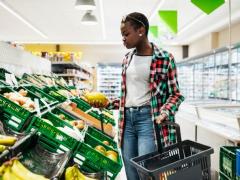As the decarbonisation of the shipping industry gathers pace, the industry needs to define its notion of growth and recovery, which requires that it recognises, in this disrupted world, that the growth of the future will not be the same as the growth of the past.
That was the message from maritime lawyer Rachel Hoyland, a senior associate with Hill Dickinson, when she delivered the latest in a series of London Talks video reports.
“Bigger ships and bigger fleets will not be the markers of success in the future,” she says. “As shipping evolves to reduce its carbon footprint and meet changing demands, smaller ships running on shorter, regular routes are the likely way of the future.”
And the cargoes of tomorrow will evolve too, she predicts, anticipating that customer demand for cleaner, greener and more environmentally sustainable goods will drive a switch to more locally produced alternative fuel sources, manufactured products, and foods.
“If manufacturing and production across multiple industries are brought closer to sites of supply, we can anticipate that there may be a slackening of demand on the east to west trade lanes. Coincidentally, these are the trade lanes on which some of the largest ships in the world run,” she points out.
Companies are increasingly seeking, as part of their own decarbonisation, to reduce indirect emissions produced throughout their entire value chain and looking for greener alternatives.
She believes an additional benefit resulting from the changes which decarbonisation may drive, is that a downsized and more diverse industry may also be a more resilient industry, less exposed to the damage of huge casualties and better able to weather the unpredictable events of the future.
“As the industry starts to emerge from an era of being unrecognised, it is potentially on track to reach a new high. If decarbonisation drives a relative downsizing of the industry, if cargo trends alter such that the everyday comes from a source more close at hand, and shipping once again delivers the exotic, the highly prized cargoes, and does so in a greener way, the value of that limited transportation capacity will surely increase.”
